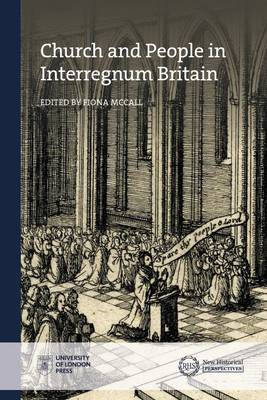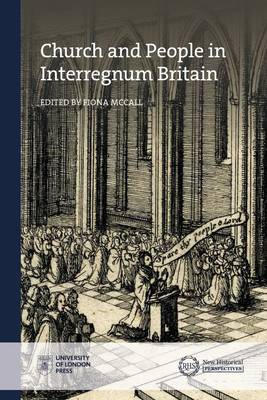
- Retrait gratuit dans votre magasin Club
- 7.000.000 titres dans notre catalogue
- Payer en toute sécurité
- Toujours un magasin près de chez vous
- Retrait gratuit dans votre magasin Club
- 7.000.0000 titres dans notre catalogue
- Payer en toute sécurité
- Toujours un magasin près de chez vous
Church and People in Interregnum Britain
Description
In 1645, as the First Civil War approached its end, a second Reformation took place which created profound dislocations in religion and in British society. The Church was disestablished, and historians continue to debate the extent of the social disruption that resulted, and the impact of godly puritan practices being promoted in parish churches and everyday life. With an introduction from Professor Bernard Capp, pre-eminent social historian of the period, this collection of essays assesses interregnum religious practice at ground level, based on a sophisticated understanding of the complex and unique pattern of record-keeping and survival from the period.
Spécifications
Parties prenantes
- Editeur:
Contenu
- Nombre de pages :
- 250
- Langue:
- Anglais
- Collection :
Caractéristiques
- EAN:
- 9781912702640
- Date de parution :
- 23-06-21
- Format:
- Livre relié
- Format numérique:
- Genaaid
- Dimensions :
- 156 mm x 234 mm
- Poids :
- 762 g

Les avis
Nous publions uniquement les avis qui respectent les conditions requises. Consultez nos conditions pour les avis.





